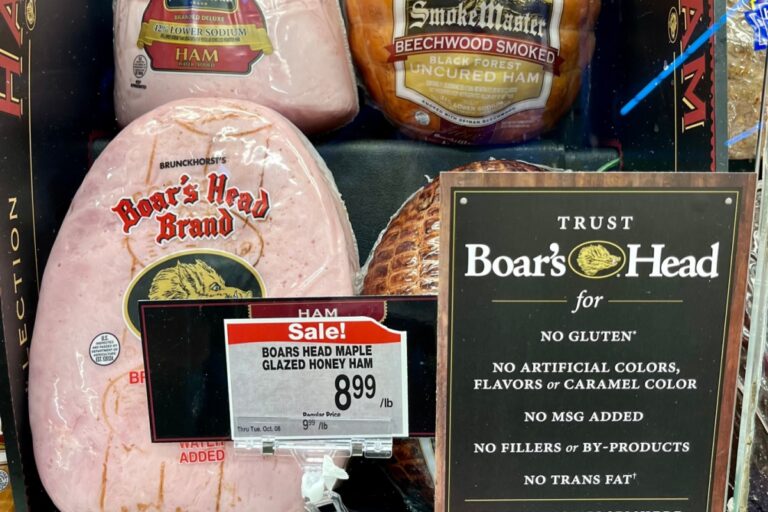15 Grocery Store Foods That Are Ruining Your Gut Health
Gut health is crucial for overall wellness, yet many foods we find at grocery stores can disrupt this delicate balance. Highly processed ingredients, hidden sugars, artificial additives, and other common food components can lead to digestive issues, inflammation, and other gut-related concerns. Understanding which foods may harm your gut can help you make healthier choices and support your digestion.
Processed Meats
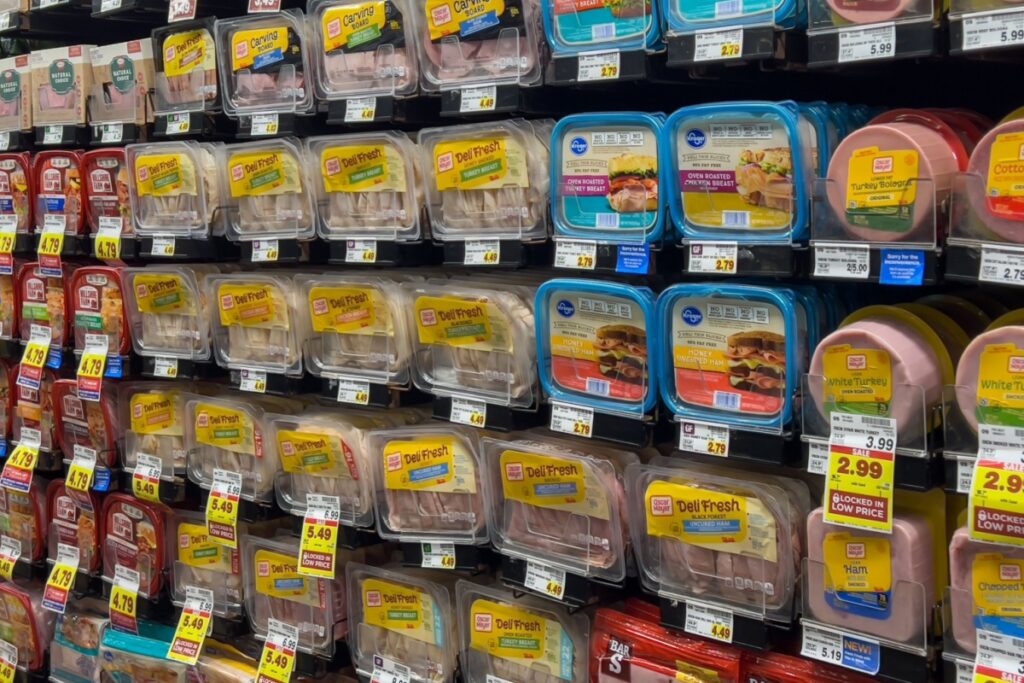
Processed meats like deli slices, sausages, and bacon often contain high levels of salt, preservatives, and artificial additives that can be harsh on the gut. The added nitrates and nitrites used for preservation may contribute to inflammation in the digestive tract.
These meats are also low in fiber, which can disrupt gut bacteria balance. While they might be convenient, regularly consuming processed meats can negatively impact digestion and overall gut health.
Sugary Breakfast Cereals
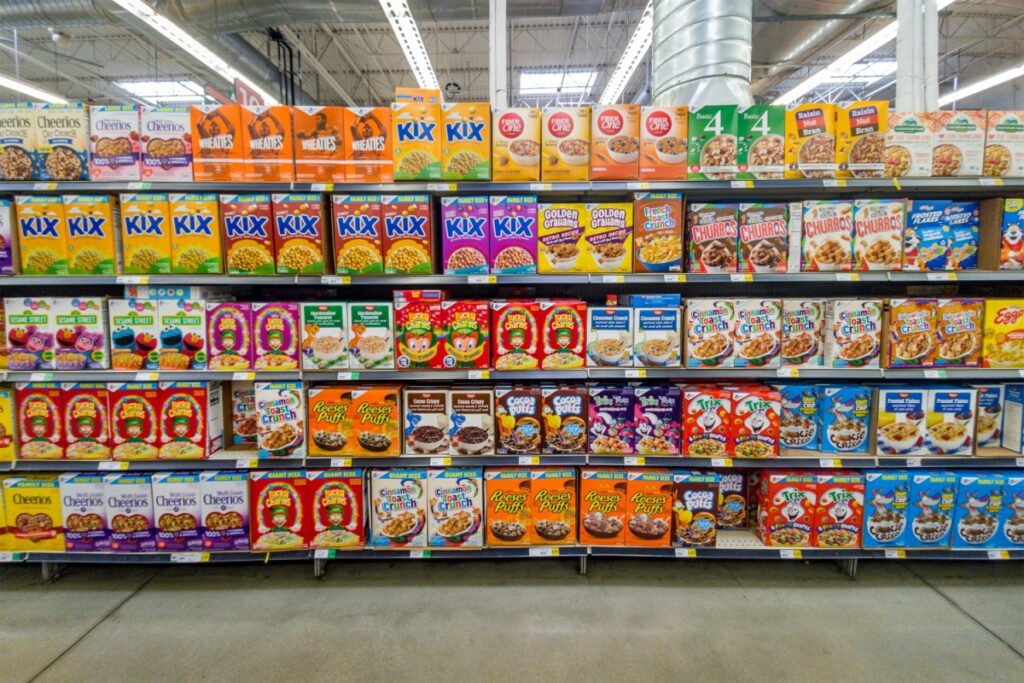
Many popular breakfast cereals are loaded with refined sugars, artificial flavors, and colorings. Eating these cereals can cause blood sugar spikes, leading to digestive discomfort and energy crashes.
The high sugar content feeds harmful bacteria in the gut, which can disrupt the balance of beneficial bacteria. Despite marketing claims of added vitamins or minerals, these cereals lack natural fiber and nutrients that support digestion.
Artificial Sweeteners
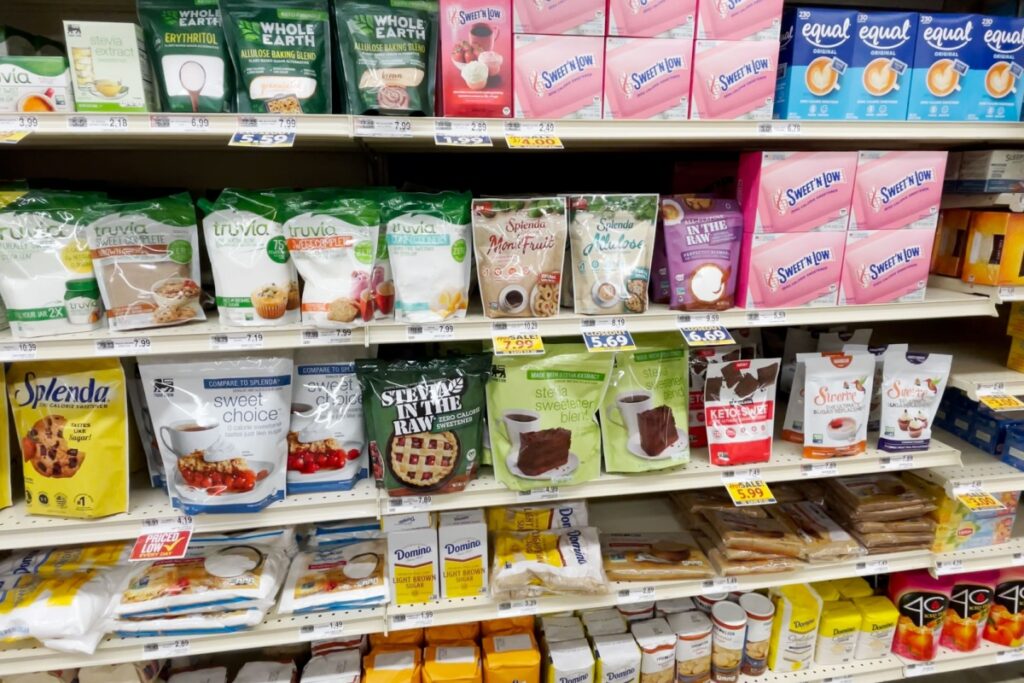
Artificial sweeteners like aspartame, sucralose, and saccharin are commonly found in diet sodas, sugar-free snacks, and low-calorie foods. While they are calorie-free, these sweeteners can disrupt gut bacteria and lead to digestive issues.
Studies suggest that artificial sweeteners may alter the composition of gut microbiota, increasing the risk of metabolic problems and inflammation. Replacing them with natural sweeteners, such as honey or stevia, can be a better choice for gut health.
Microwave Popcorn
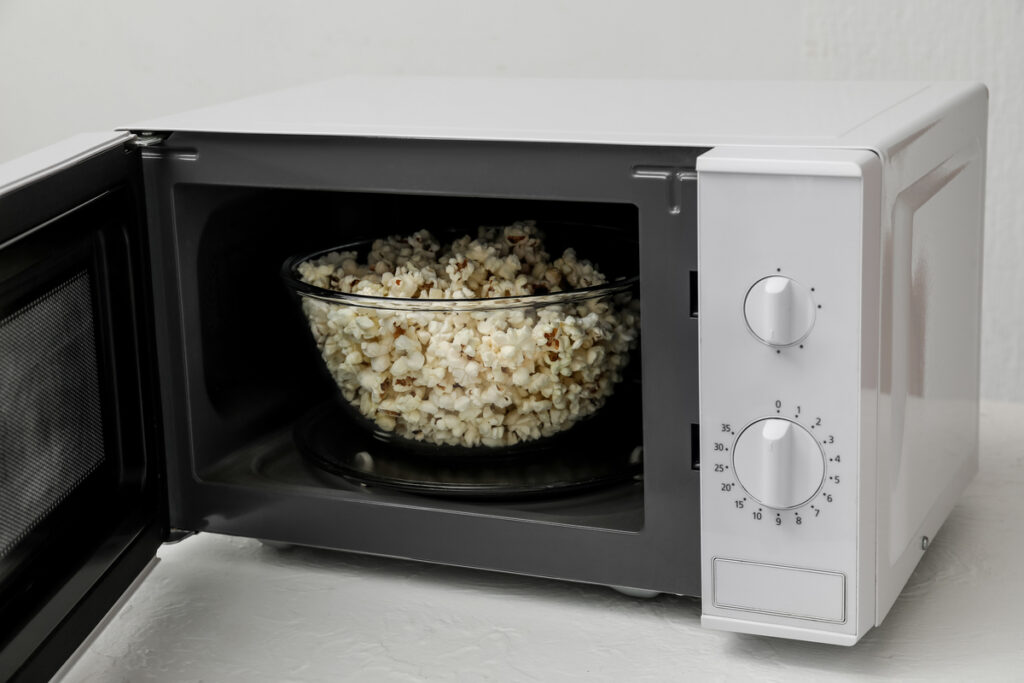
Microwave popcorn might seem harmless, but it often contains additives and chemicals that can affect digestion. The artificial butter flavoring and preservatives are linked to inflammation and digestive discomfort.
Additionally, the high levels of trans fats and salt can strain the digestive system and cause bloating. If you love popcorn, try making it on the stove with minimal oil and natural seasonings.
High-Fructose Corn Syrup
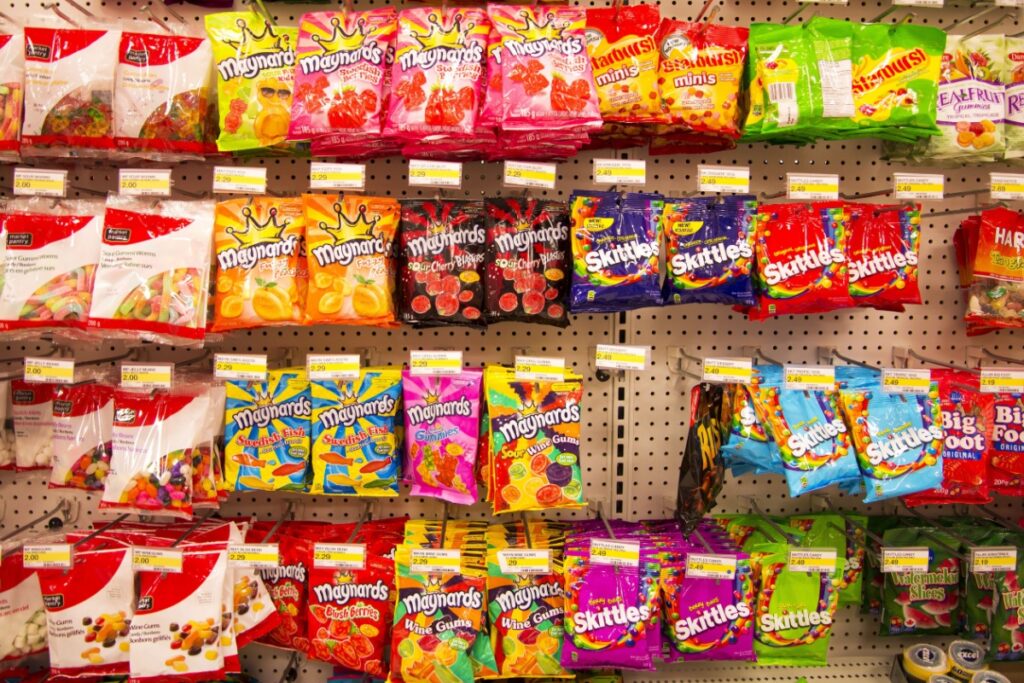
High-fructose corn syrup (HFCS) is a common sweetener in sodas, candies, and processed foods. HFCS has been linked to obesity, inflammation, and poor gut health. It can increase fat storage in the liver, leading to a higher risk of metabolic issues. Consuming foods with HFCS can disrupt gut bacteria and worsen digestion, so it’s best to limit intake and opt for foods with natural sweeteners.
Fried Foods

Fried foods, like chips, French fries, and onion rings, are high in unhealthy fats that can be tough on the digestive system. The trans fats and high oil content can cause bloating, gas, and stomach discomfort.
These foods also slow down digestion, making it harder for your body to absorb nutrients. Choosing baked or air-fried options can provide a similar crunch without the negative gut effects.
Canned Soup
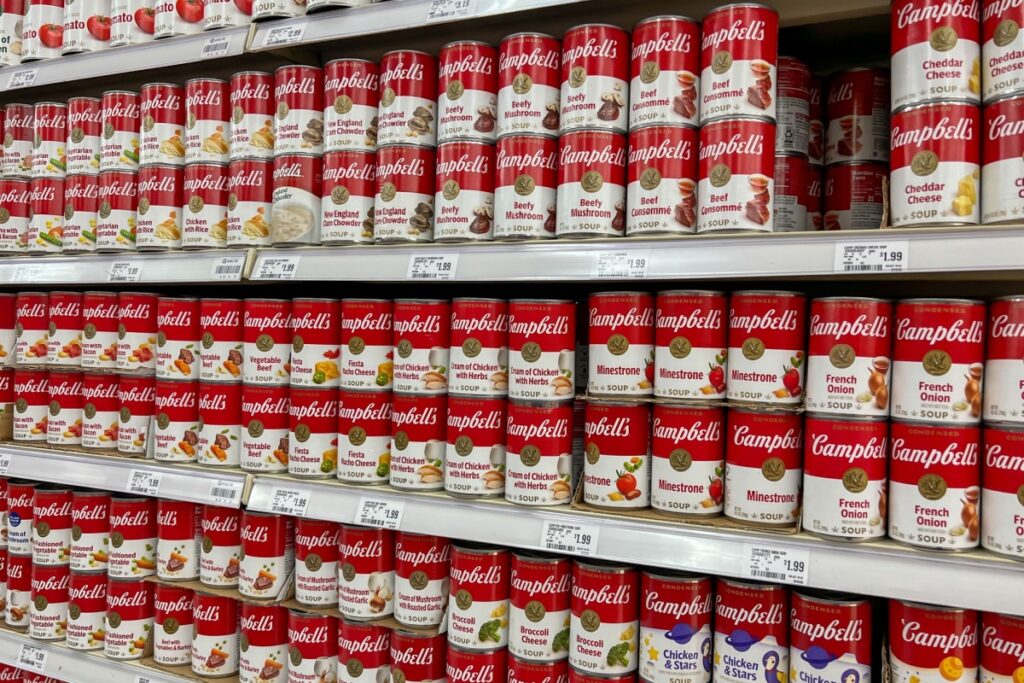
Canned soups are convenient but often contain sodium, preservatives, and artificial flavors. High sodium intake can lead to bloating and water retention, which affects digestion.
The preservatives used to extend shelf life may also interfere with gut health. Making homemade soup with fresh ingredients is a much healthier option that supports digestion and overall wellness.
Soda and Carbonated Drinks
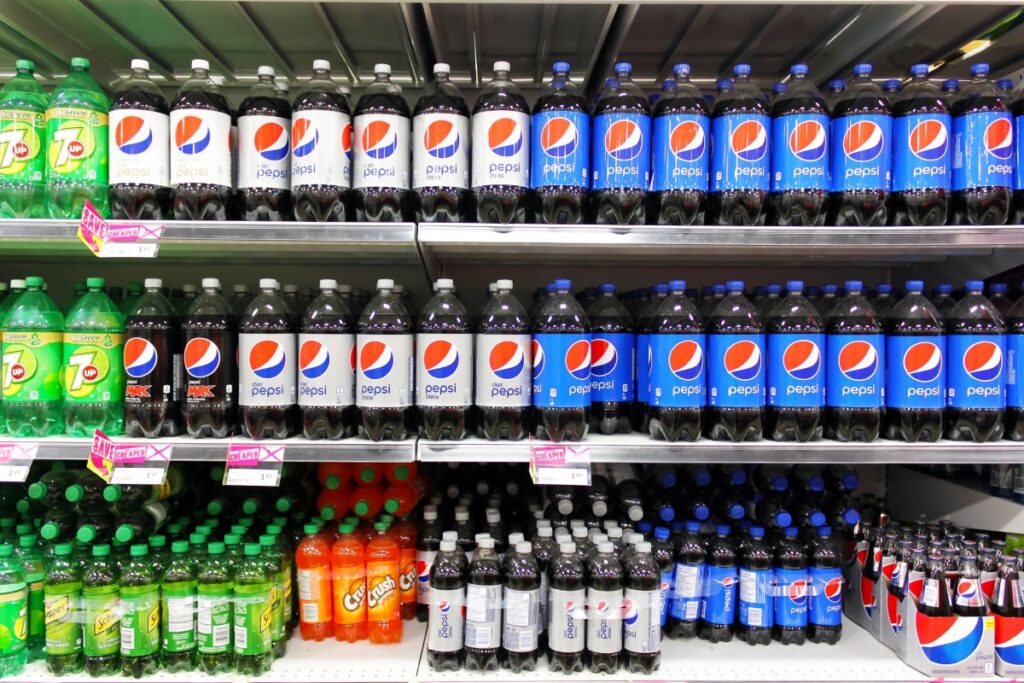
Soda and other carbonated drinks are high in sugar and can disrupt the balance of good and bad bacteria in the gut. Carbonation can lead to bloating and gas, making these drinks uncomfortable for digestion. The acid and caffeine in sodas may irritate the stomach lining and lead to acid reflux. Swapping soda for water or herbal tea can improve hydration and gut health.
Packaged Baked Goods
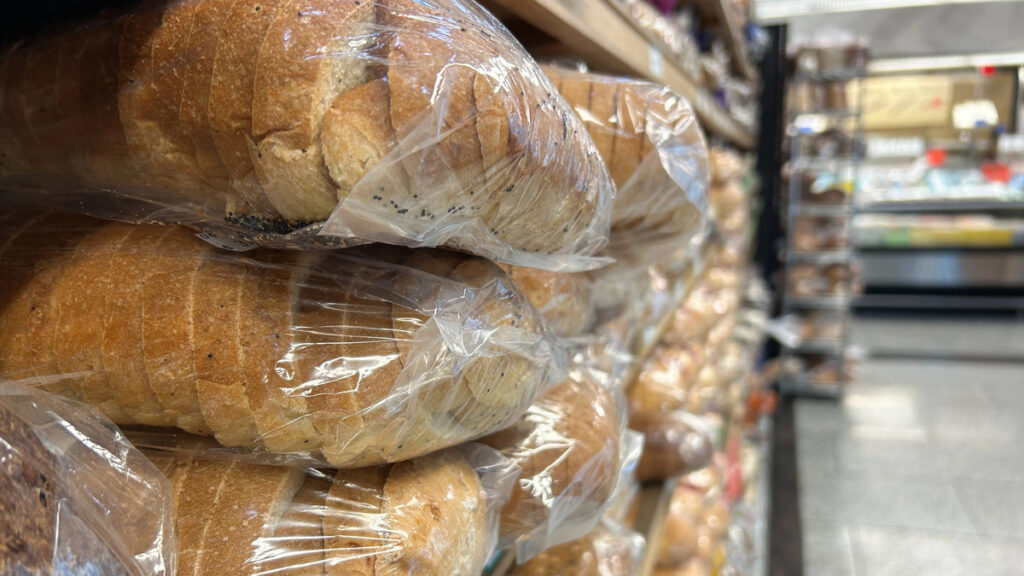
Packaged cookies, cakes, and pastries contain refined sugars, unhealthy fats, and artificial preservatives that can harm digestion. These processed treats lack fiber, making it difficult for the body to break them down efficiently.
The high sugar and fat content can also disrupt gut bacteria, potentially leading to bloating and inflammation. Homemade treats with whole ingredients are a much better option.
Dairy Products with Added Sugar
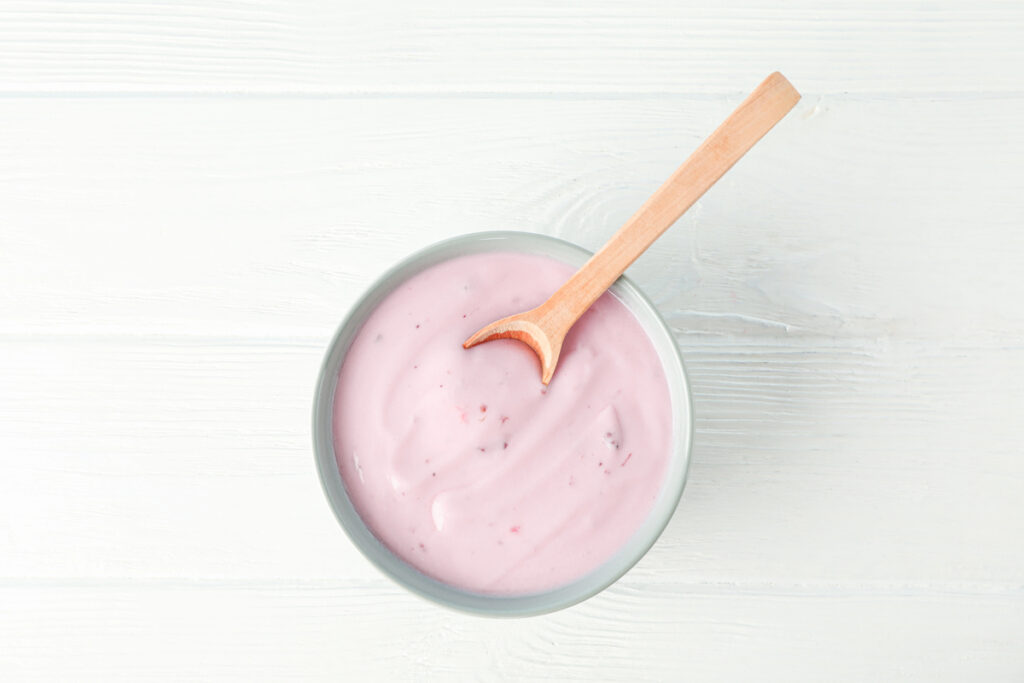
Flavored yogurts, ice creams, and other sweetened dairy products often contain high levels of added sugar, which can upset the gut balance. While plain yogurt with live cultures is beneficial for gut health, sugary versions feed harmful bacteria.
Lactose, the natural sugar in dairy, can also be problematic for those who are lactose intolerant. Choosing unsweetened or low-sugar dairy options is better for digestion.
White Bread

White bread is made from refined flour that lacks fiber, which is essential for a healthy digestive system. The refined grains can cause blood sugar spikes, which may impact gut bacteria balance.
White bread often contains additives and preservatives that further disrupt digestion. Whole-grain or sourdough bread is a better option, offering fiber and nutrients that benefit gut health.
Frozen Dinners
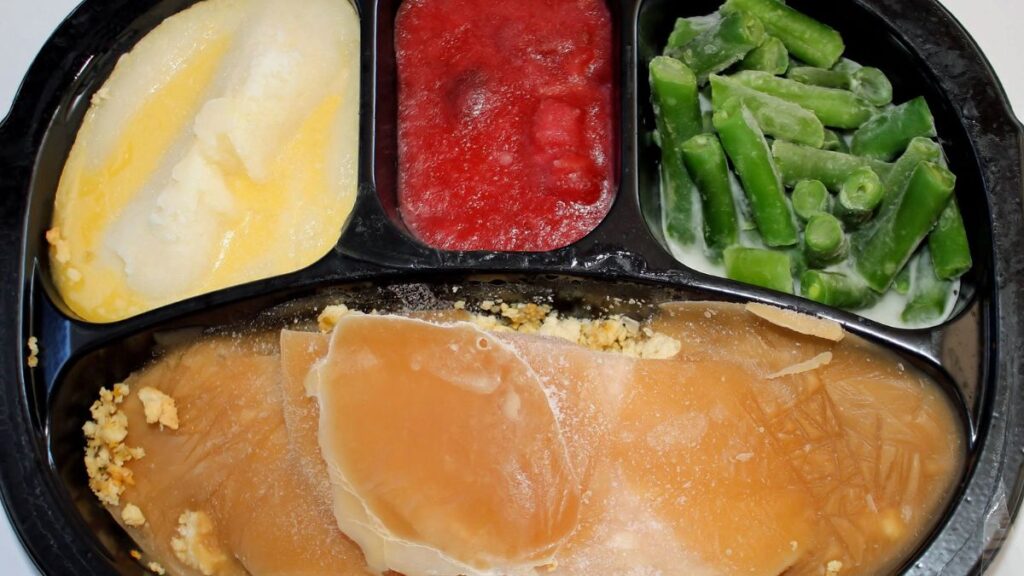
Frozen dinners are convenient but often contain high levels of salt, unhealthy fats, and preservatives. These additives can lead to bloating, water retention, and digestive discomfort. Many frozen meals are also low in fiber, which is essential for a healthy gut. Cooking meals with fresh ingredients whenever possible can help maintain a balanced gut.
Margarine

Margarine is a common substitute for butter but contains trans fats and additives that can impact digestion. Trans fats are linked to inflammation and can disrupt the balance of good bacteria in the gut.
Margarine often includes emulsifiers, which may cause digestive discomfort. Choosing real butter or olive oil in moderation is a healthier alternative for the gut.
Instant Noodles
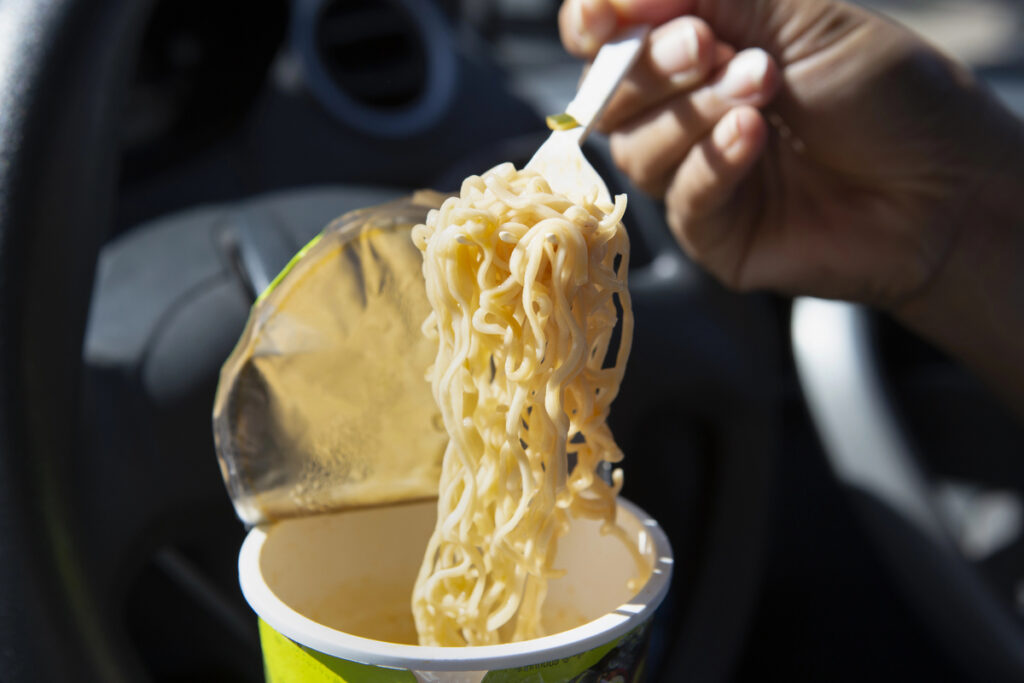
Instant noodles are highly processed, containing high levels of sodium, artificial flavors, and preservatives. The lack of fiber and nutrients makes these noodles hard to digest and potentially disruptive to gut bacteria.
The seasoning packets, often rich in salt and additives, can lead to bloating and digestive discomfort. Opting for whole-grain noodles with fresh vegetables can be a gut-friendly alternative.
Ketchup and Condiments with Added Sugars
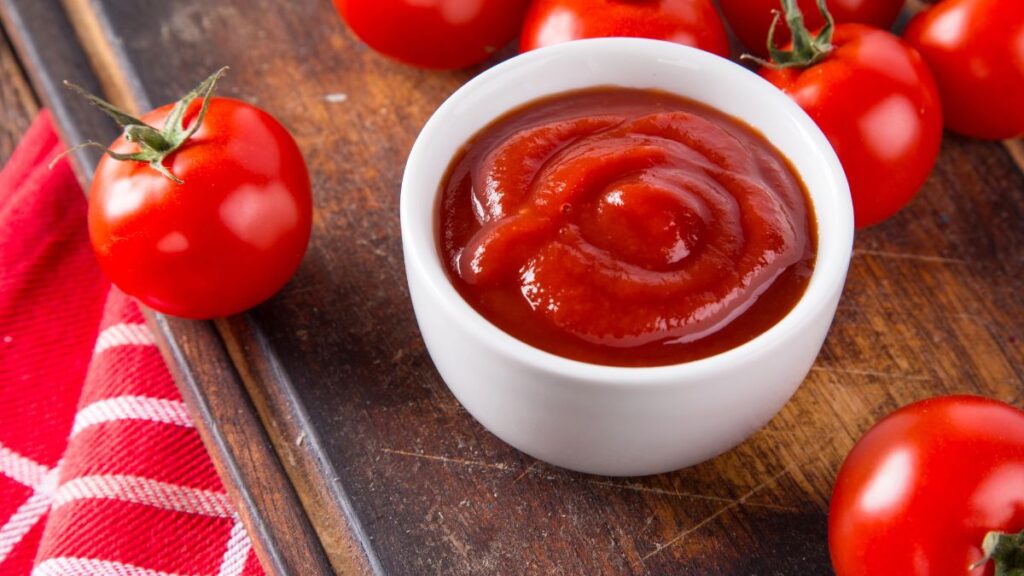
Condiments like ketchup, barbecue sauce, and salad dressings often contain added sugars, high-fructose corn syrup, and preservatives. These ingredients can encourage the growth of harmful bacteria in the gut.
Additionally, the high sugar content can disrupt blood sugar levels and cause digestive discomfort. Checking labels and choosing low-sugar or homemade condiments can help maintain a healthy gut.
15 Budget-Friendly Foods to Stretch Your Paycheck

Living paycheck to paycheck can be challenging, especially when it comes to affording nutritious food on a tight budget.
15 Budget-Friendly Foods to Stretch Your Paycheck
20 Foods No One Can Afford Anymore Due To Inflation

With the ever-rising living costs, some foods have become luxury items that only the wealthiest can afford. From exotic delicacies to once-affordable staples, the price hikes have made certain foods out of reach for the average consumer.




